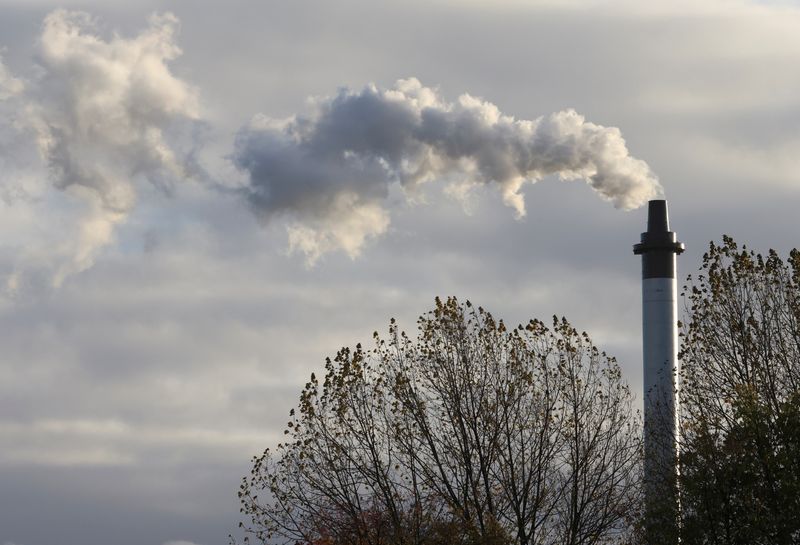By Simon Jessop, Tommy Wilkes and Elizabeth Howcroft
LONDON (Reuters) - Just 1% of companies who submit climate change-related data to nonprofit environmental disclosure platform CDP provide investors with the information they need to assess whether they have a credible plan for the transition to a low-carbon economy.
The new data, provided to Reuters, underscores the wide gap between companies announcing ambitious plans to help tackle climate change, and their limited follow-up with a detailed plan that is needed for them to have any chance of meeting their targets.
CDP has emerged as the world's biggest repository of environmental data submitted on a voluntary basis by companies, which are under pressure from their shareholders to disclose how they plan to navigate the transition to a lower-carbon future. The companies' climate plans and CDP's assessment of them are kept private, unless companies choose to publish them.
CDP analysed submissions from 13,120 companies, representing 64% of the world's market capitalisation, and found that just 135 companies met the grade of disclosing information for all 24 key indicators CDP has judged as vital for a credible plan.
CDP chief impact officer Nicolette Bartlett said in an interview this was "insane" in light of the pressure on the business world to help cap global warming to 1.5 degrees Celsius above pre-industrial norms by mid-century to avoid the most catastrophic effects of climate change.
CDP's analysis also showed only 4,002 companies -- or 30% of the total -- claimed to have a low-carbon transition plan, not many more than the 3,521 companies with a plan -- or 37% of those analysed -- in the prior year.
"You've got a third of all the reporting companies saying they've got a climate transition plan, and then you've got 1% of companies who've actually disclosed... that are telling the world the right amount of information, to judge whether or not it's a good plan," she told Reuters.
CDP's 24 indicators include everything from whether the company board had oversight of a climate plan to whether that plan was linked to chief executive pay and capital expenditure plans.
Lack of disclosure - https://fingfx.thomsonreuters.com/gfx/mkt/akvezxezdpr/Lack%20of%20disclosure.png
Among the G20 group of industrialised nations, responsible for 75% of global greenhouse gas emissions, 4% of companies reported data against all 24 indicators, CDP said.

The worst performing sectors for disclosure globally were transport and apparel, both of which had less than 0.3% of companies disclosing against all the indicators.
Industries arguably facing the greatest scrutiny over their transition plans -- financial services, power and fossil fuels -- ranked highest on a relative basis, but even in those sectors, just 5% of businesses disclosed against all the key indicators.
(Graphic by Elizabeth Howcroft; Editing by Jonathan Oatis)